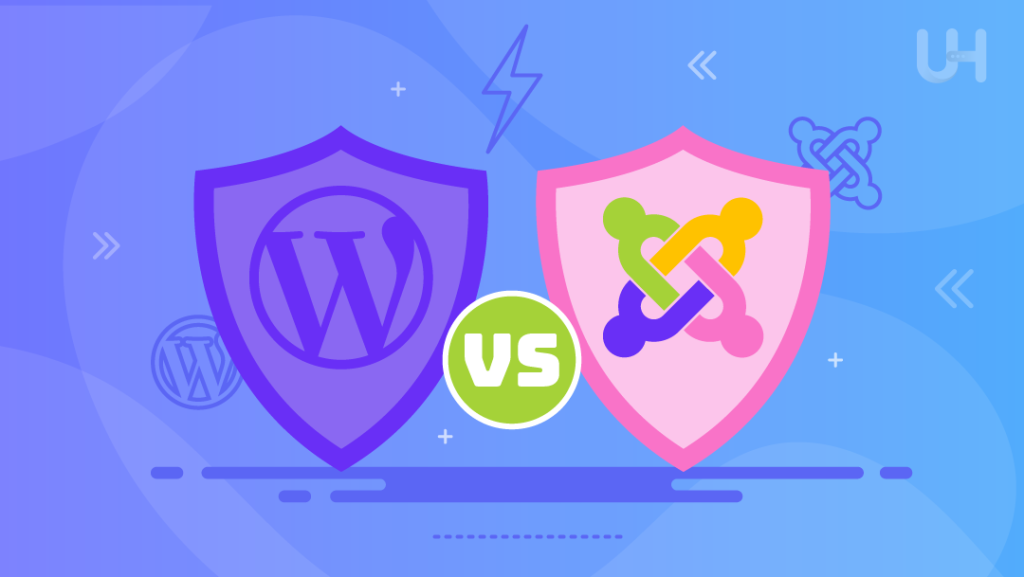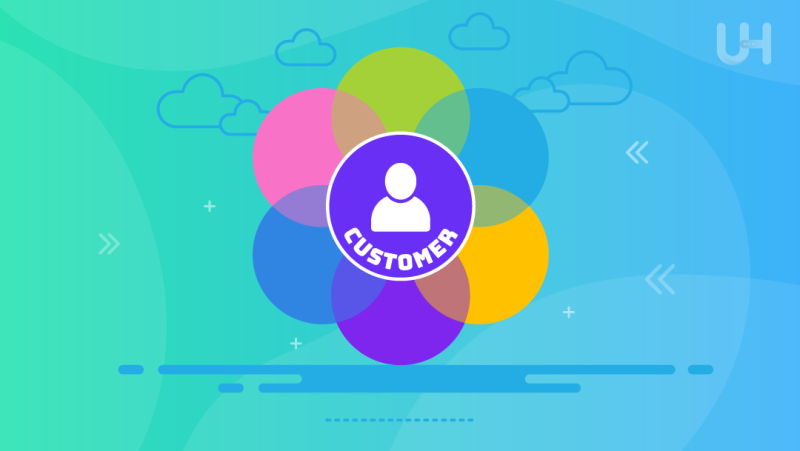Omni is the synonym of “All” while the Channel refers to the points of contact. This marketing tactic keeps customers engaged while raising awareness about the respected services and products. However, considering the Omnichannel marketing definition, it is expressed as a joined-up tactic and relies on wherever the interaction of the customers is.
According to the Harvard Business Review study, multiple touchpoints can engage customers with the brand. They spend four percent on physical stores and ten percent on digital platforms. For this purpose, many brands are eligible to achieve a sales uplift in a single shot.
Omnichannel Marketing

Omnichannel Marketing is a strategic outlook focusing on generating a flawless customer experience. This tactic can be used across various points of contact and channels. It highlights continuity and consistency, making the customer’s journey outstanding. As technology advances, it becomes more unified in our everyday routine.
Besides, it causes the boundaries between our digital and real-life things to fade as users adjust their habits! Sales associates, customer representatives, and marketers must modify accordingly. It is a one-of-a-kind way to keep their buyers engaged effectively. This strategy transforms the traditional marketing model by integrating multiple channels flawlessly.
It understands the behavior of modern customers who interact with brands. This act implies using many channels, such as websites, mobile apps, social media platforms, and physical stores. This digital promotion is a one-of-a-kind procedure to give a strong connection with the target audiences.
Omnichannel Marketing Strategy
An omnichannel marketing strategy is a method businesses use to interact with customers. It works across various channels and touchpoints. Instead of treating each channel independently, an omnichannel approach ensures a cohesive and consistent customer experience.
Whether they’re engaging with the brand online, in-store, via mobile apps, social media, email, or other channels. This strategy focuses on integrating these channels and leveraging data to personalize interactions. Also, customers are likely to be satisfied and recommend your brand to drive engagement and conversions. It is all about meeting the customers’ desires by providing absolute perfection in their buying experience.
Why Is Omnichannel Marketing Important?
Digital technologies transform how consumers interact with brands. Modern people expect customization, consistency, and convenience across all their company’s relationships. For this purpose, this tactic addresses these expectations, cracking silos between different channels. So, it is all set to secure an amalgamated experience, advancing customer satisfaction and loyalty.
By embracing an omnichannel approach, businesses are all set to achieve various vital benefits:
Satisfied Customer Experience
It enables businesses to deliver customers a satisfied and also customized experience. Also, it is regardless of the channel they choose to engage with. Besides this, it can lead to higher satisfaction levels and increased loyalty.
Modified Customer Insights
Businesses can learn more about their target audience’s actions, preferences, and buying patterns. Moreover, they can design their patterns by integrating and collecting their brand’s details from various contact points. However, valuable insight can notify more targeted tactics and personalized communication.
Enhanced Sales & Revenue
Omnichannel customers love to spend more than single-channel consumers. However, the brands can achieve higher conversion rates and enhanced revenue. Delivering a matchless shopping experience across all contact points is possible.
Consistency and Visibility of the Brand
An integrated brand appearance across all touchpoints helps strengthen brand identity. It also sends a friendly message by establishing trust and recognition of the consumer.
Omnichannel Marketing Tools and Technologies
Integrated marketing balances out a wide array of tools and systems. It enables multi-channel consumers to enjoy a single flight, regardless of their chosen touchpoint. Here are some essential tools that businesses can leverage. So, they execute their omnichannel marketing strategies effectively.
Customer Relationship Management (CRM) Systems
The main point of Customer Relationship Management systems is to be the home. It includes pieces of data, interactions, and relationships related to clients. Through it, businesses gain access to all necessary data and tools. Lastly, they make it possible to analyze consumer behavior and target specific groups to deliver a custom experience.
Examples
Salesforce, HubSpot CRM, and Zoho CRM are different CRM options.
Get The Best Hosting Plan To Manage Your Client’s Relationship
Looking to speed up your hosting needs? UltaHost offers the best and fastest CRM service, which is fully managed and has everything you’ll need to be up and running in minutes.
Marketing Automation Platforms
With the use of marketing automation platforms, brands can automate numerous repetitive marketing tasks and also workflows. As a result, brands can send specific offers to captured audiences. It happens through various channels, allowing brands to reach multiple audiences in one go.
Examples
Marketo, HubSpot Marketing Automation, and Pardot are examples of marketing automation tools.
Email Marketing Software
Email marketing still plays a central role in the back-channeling of information across communication. However, email hosting is essential for the brands, facilitating efficient marketing campaigns. It enables businesses to send personalized messages, promotions, and updates to the customer.
Examples
Mailchimp, Constant Contact, and Sendinblue are other mailing automation platforms.
Social media platforms featuring social network sites have become the cornerstone of omnichannel marketing. It occurs wherein firms can interact with prospects. Besides, disseminate content and invest in brands across different social channels.
Examples
Twitter, Instagram, Tumbler, LinkedIn, Pinterest
Content Management Systems (CMS)
CMSs today make it trouble-free and even fun for businesses. Moreover, it is used to develop, manage, and launch content on a number of digital platforms like websites, blogs, and applications.
Examples
WordPress, Drupal, Joomla

Customer Data Platforms (CDP)
Customer Data Platforms (CDP) consolidate data of a customer trove from a variety of separate data sources. They provide a holistic, one-stop overview of each customer’s data. They are a mechanism for businesses to deliver timely. Also, its custom-tailored experiences are based on real-time findings.
Examples
Segment, Tealium, Lytics
Analytics and Reporting Tools
The analysis utilities help in gauging customer behavior. It also features marketing campaign successes/failures and networking efficiency. They are the tools that allow us to assess the effectiveness of the business omnichannel marketing plans. So, they adjust tactics where the need arises.
Examples
For instance, Google Analytics, Adobe Analytics, and Mixpanel analytics tools are used.
Mobile Marketing Platforms
Thanks to the increasing number of mobile devices. The mobile app marketing and push notifications have been created successfully. The main purpose of mobile optimization is to connect businesses with consumers.
Examples
Braze, Leanplum, Localytics
Point-of-Sale (POS) Systems
With regard to the companies operating physical stores! The role of POS systems becomes utterly pressing in linking offline and online experiences. These systems help merchants implement services. Such as click & collect, in-store pickup, and easy checkout options.
Examples
Having a physical store brings foot traffic and boosts brand awareness. We opted for Square, which allows us to sell online, in person, or via social media. With Shopify or Lightspeed POS, we have all the tools to sell online, in-store, and everywhere.
Personalization Engines
Personalization engines based on AI (Artificial Intelligence) and Machine Learning. They are getting smarter daily to make individual customers happy throughout all channels.
Examples
Dynamic Yield and Adobe Target are examples of marketing tools. They help the movement in personalization and also individual approaches to their needs.
Customer Service and Support Platforms
Customer service platforms allow business owners to deliver their customer service appropriately. These services are delivered in multiple channels: the phone, email, chat, or social media.
Examples
Zendesk, Freshdesk, Intercom. See here and here for comparisons among these platforms.
Unified Commerce Platforms
In standard language, unified e-commerce platforms integrate all retail entities. It includes e-commerce, point-of-sales, inventory, and order fulfillment. They are all set to smooth out all the channels for the customer’s omnichannel experience.
Examples
Shopify Plus, Magento eCommerce, and Salesforce Commerce Cloud are eCommerce solutions. Here, leverage is a powerful tool to empower different business models.
For this purpose, companies can deploy these multi-channel marketing tools and technologies. They will spur engagement, loyalty, and revenue through uniform and personalized experiences. However, the experiences are ideal for the customers throughout all touch points.
Conclusion
Omnichannel marketing is increasingly vital to firms! It aims to appeal to today’s consumers who are constantly connected to digital channels. By providing a uniform experience in all channels and interactions without disrupting consumers, companies have the potential to improve customer satisfaction. Besides, it increases sales and engenders long-term loyalty.
By incorporating the fundamentals and outstanding practices described above. Businesses can put their companies in the best possible position for the omnichannel marketing world. Its strategy is so dynamic right now!
Get the best e-commerce hosting service for your small business website from UltaHost. Integrate our top-notch services into your omnichannel marketing strategy to get an online store. Elevate your brand and jumpstart your business today with us!
FAQ
What is Omni channel marketing definition?
Omnichannel marketing aims to reach the target audience through various connected points. It seeks to connect with them wherever they unleash for a unified brand encounter. They can discover the brand on the website. Stores via mobile app and social media.
How can businesses standardize customer experiences across multiple platforms?
Businesses can achieve standardized customer experiences by unifying design elements, training staff for consistent omnichannel support, and leveraging real-time data synchronization through technology.
Why is data integration crucial for successful omnichannel marketing?
It allows businesses to create a unified customer profile. By combining data from various channels, businesses gain insights into customer behavior, preferences, and interactions, enabling more personalized and targeted marketing efforts.
What is the performance criteria in the omnichannel marketing approach?
It would be difficult to reach the success rate of omnichannel marketing without putting metrics on its efficiency across the channels.








